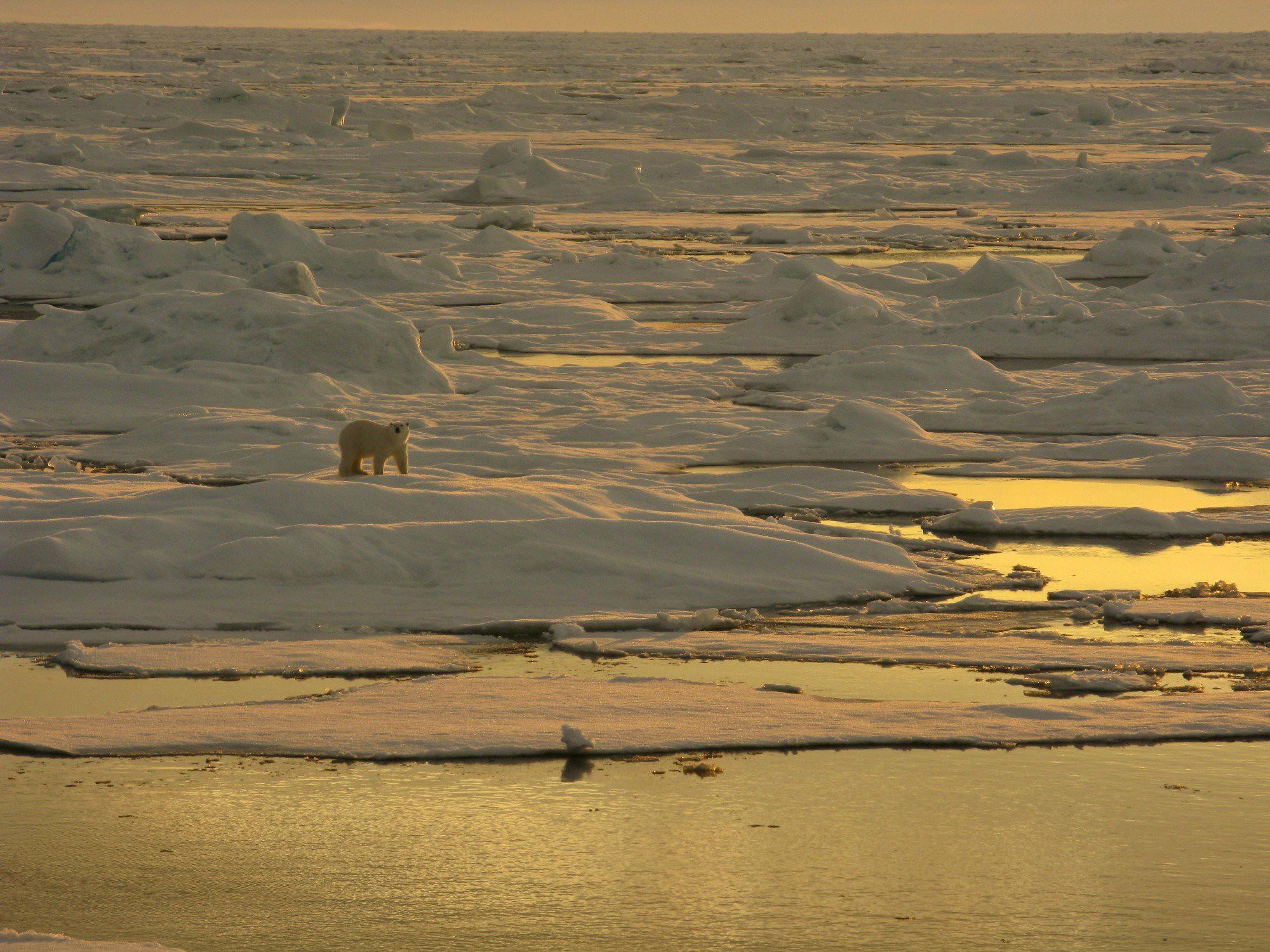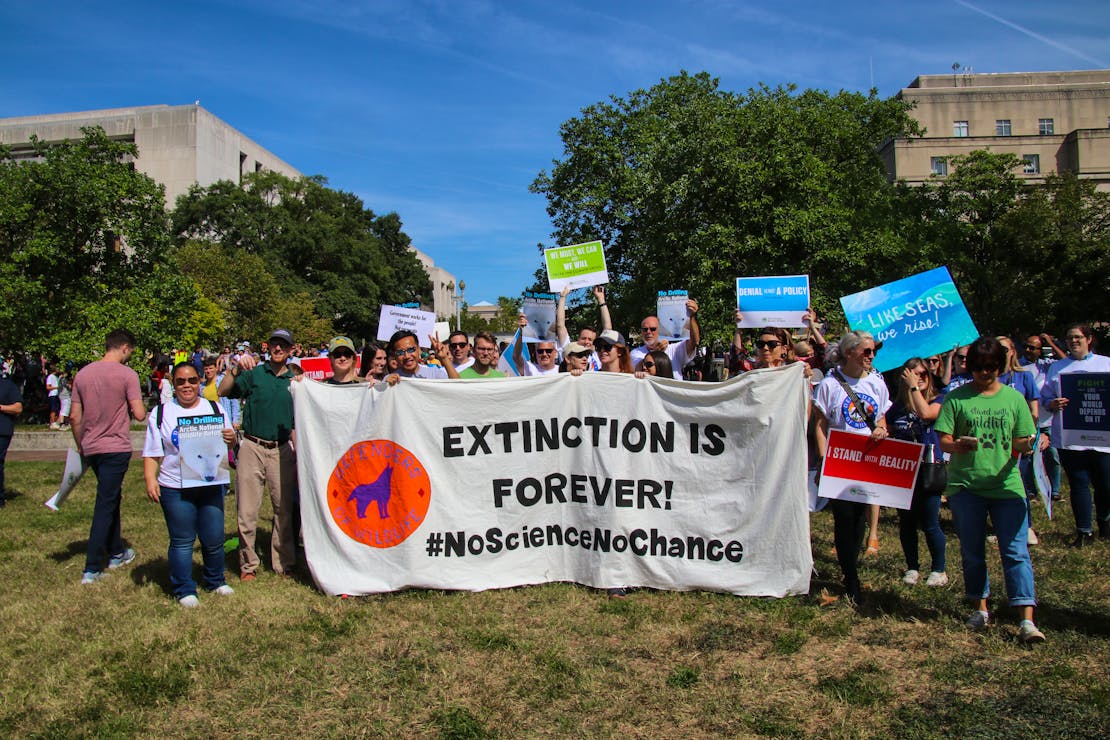Resilience is the capacity of a system to recover from stress and disturbance while retaining its essential functions, structure, feedbacks and identity. Sometimes that stress is within normal bounds and cycles, like the tides or the seasons. Sometimes it’s so extreme that the system can’t absorb and recover from it. Ecosystems all have some natural resilience, some have more than others, but the stresses they face are ever-increasing, which imperils everybody – wildlife and human communities – that depend on them. Climate change is the ultimate stress, disrupting natural patterns and intensifying impacts, as we see droughts increase and lengthen, seasons shift, and extreme weather events grow stronger and more frequent. One of our priorities at Defenders is helping build resilience into natural lands and systems, in ways that protect wildlife, habitat and the benefits ecosystems provide to people. Ecosystems can absorb some stress, and be stronger for it, when there is connectivity and room to grow, and care is taken to preserve and protect the rich biodiversity and complex relationships of the natural world.
Resilience isn’t just a characteristic of ecosystems, people are resilient too, and so are our communities and institutions. Many of the events of 2020 required reserves of resiliency to get people through isolation, sickness, closed schools and businesses and services, loss of jobs, systemic racial violence, social unrest and political uncertainty, which were compounded by climate-fueled natural disasters like the recent deep freeze across Texas and the South. Despite these challenges, we’re fighting on, and it’s encouraging to see. People, young people especially, who are dealing with profound anxiety and grief about climate and the environment, are nevertheless fighting for their futures. At least six million people, led and inspired by young people, joined the climate marches in September 2019, protesting inaction by governments around the world. 2020 saw its share of activism around racial and social justice, making it clear that our social and political systems can handle some stress, and be stronger for it. We know that care must be taken to connect us, to make room for everyone, and to protect and celebrate human diversity.
Defenders sent the Biden-Harris administration a wildlife conservation agenda, a blueprint for engaging and investing in conservation as a central element in healing the nation’s wounds and addressing the extraordinary challenges facing us in the decades ahead. In this transition agenda, we advocate for investing in adaptation and resilience for our nation’s natural systems and wildlife. This must include addressing the climate and biodiversity crises, reinvigorating science and our bedrock environmental laws and regulations, safeguarding public health to avoid another pandemic, and rebuilding the competence of the federal government. We also call for addressing racial and social justice issues, ensuring that government processes are open and transparent, and that everyone has equitable and inclusive access to nature.



Protecting America’s lands and wildlife in the face of climate change and other threats will require unprecedented engagement in science, planning and management and protection of habitats nationwide. When we strengthen environmental laws and conservation programs, we should ensure that they are not just a backstop to extinction and destruction, but a proactive conservation tool to prevent species from ever getting close to the brink of extinction. We call for a national biodiversity strategy and to protect at least 30% of our lands and waters by 2030 for biodiversity and climate purposes and to ensure that resilient, connected habitat can support functioning watersheds and ecosystems, biodiversity and species movement in response to climate change.
The Biden-Harris administration has taken swift action on many of our priorities, including climate, wildlife and equity, and hard work is still ahead. Let’s make 2021 a year of restoration, protection and building resiliency in our natural and social systems. It is time to pull a 180 and work together to ensure a better future for all.
This is the final part of a series about where we hope the Biden-Harris administration will take action for wildlife in the first 100 days. Read more:









Follow Defenders of Wildlife
facebook bluesky twitter instagram youtube tiktok threads linkedin